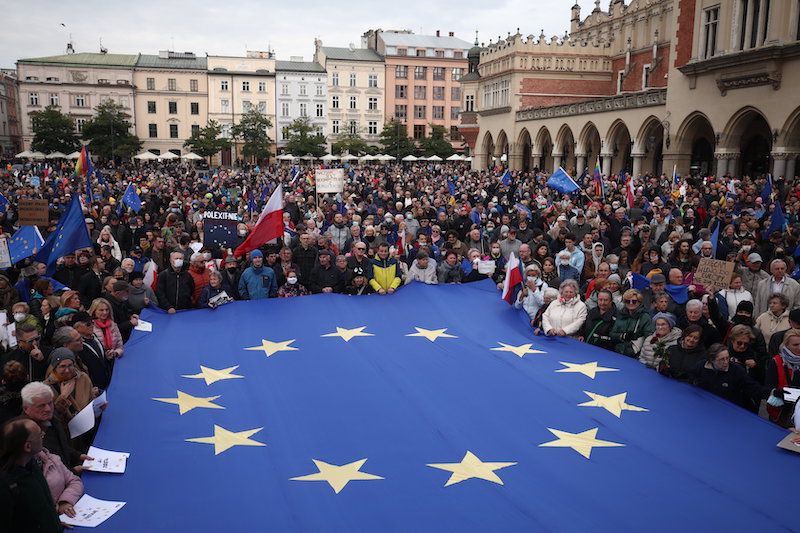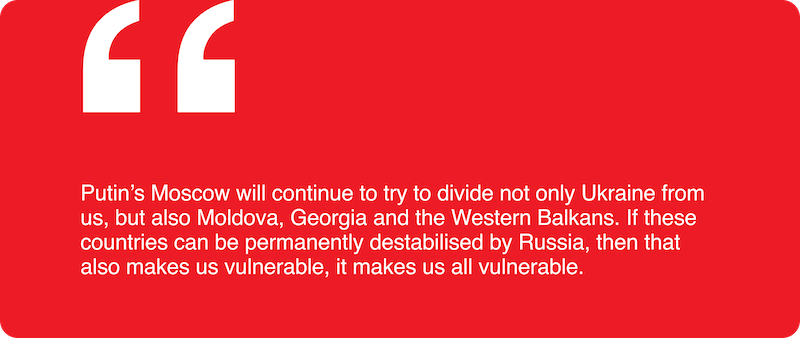Twenty years ago, no one would have bet that Poland’s accession to the European Union would be a great success for the country and Europe. The dominant fears were that Poland needed more reforms, had a weak economy and high unemployment, so its people would flood the Western countries’ labour market.
Poland joined the EU on credit. Successive governments implemented the required reforms. Poles did indeed travel en masse to work in EU countries, but the Polish plumber became the symbol of a hard-working, reliable craftsman.
Since Poland’s accession to the EU was a success, it was thought this would be the case for other countries. In 2007, Romania and Bulgaria joined the EU. This is where serious problems began, as these countries, plagued by various political conflicts, failed to carry out the necessary systemic reforms.
Soon the economic and migration crises began to reach Europe, serious enlargement was postponed for an unspecified period. On top of that, it turned out that Poland – a recent front-runner in Europe – started to cause big problems. Those in power since 2015 started to demolish the rule of law, one of the main pillars on which the EU community is founded.
Moreover, it turned out that there is no effective way to discipline Poland, because the EU has no tools to do so.
The Union is once again at a crossroads: accepting new countries or reforming to prevent it from breaking up? The example of the Polish experience shows that both are necessary. Without enlargement and the will to admit more countries, the EU loses its credibility. But it must have the tools to discipline countries that break its rules.






